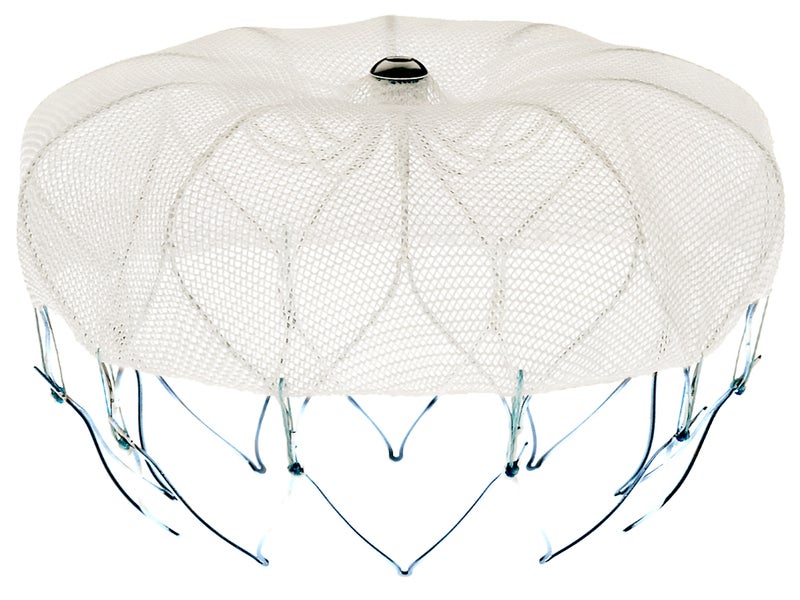
Boston Scientific has secured the European CE-Mark for the next-generation WATCHMAN FLX Left Atrial Appendage Closure (LAAC) Device to reduce the risk of stroke in non-valvular atrial fibrillation (AF) patients.
AF patients are at higher risk of experiencing a stroke compared to people with normal heart rhythm.

Discover B2B Marketing That Performs
Combine business intelligence and editorial excellence to reach engaged professionals across 36 leading media platforms.
According to data, more than 90% of stroke-causing blood clots from the heart are formed in the left atrial appendage in non-valvular AF patients.
WATCHMAN is a permanent implant intended for closing the left atrial appendage in the heart to mitigate the stroke risk.
The new device is designed to fit a broad range of patients, including those with complex anatomies.
It comes with a fully enclosed and rounded frame to enable implantation flexibility for customising the placement. Physicians will be able to fully recapture and reposition the device during the procedure.

US Tariffs are shifting - will you react or anticipate?
Don’t let policy changes catch you off guard. Stay proactive with real-time data and expert analysis.
By GlobalDataThe WATCHMAN FLX device’s frame allows for improved sealing within the left atrial appendage.
Boston Scientific Interventional Cardiology president Kevin Ballinger said: “The WATCHMAN device has been implanted in more than 75,000 patients worldwide and we are pleased that this next-generation technology has been granted European regulatory approval so that we can offer it to patients and clinicians throughout Europe.
“The robust clinical evidence and successful commercial outcomes of the WATCHMAN device to-date reinforce the value of this procedure for all appropriate patients.”
The company has commenced a limited market release of the new device in Europe, with plans for expansion of the commercialisation in the second half of this year.
Boston Scientific also intends to initiate patient enrolment in a post-approval registry at European sites in the coming months.





